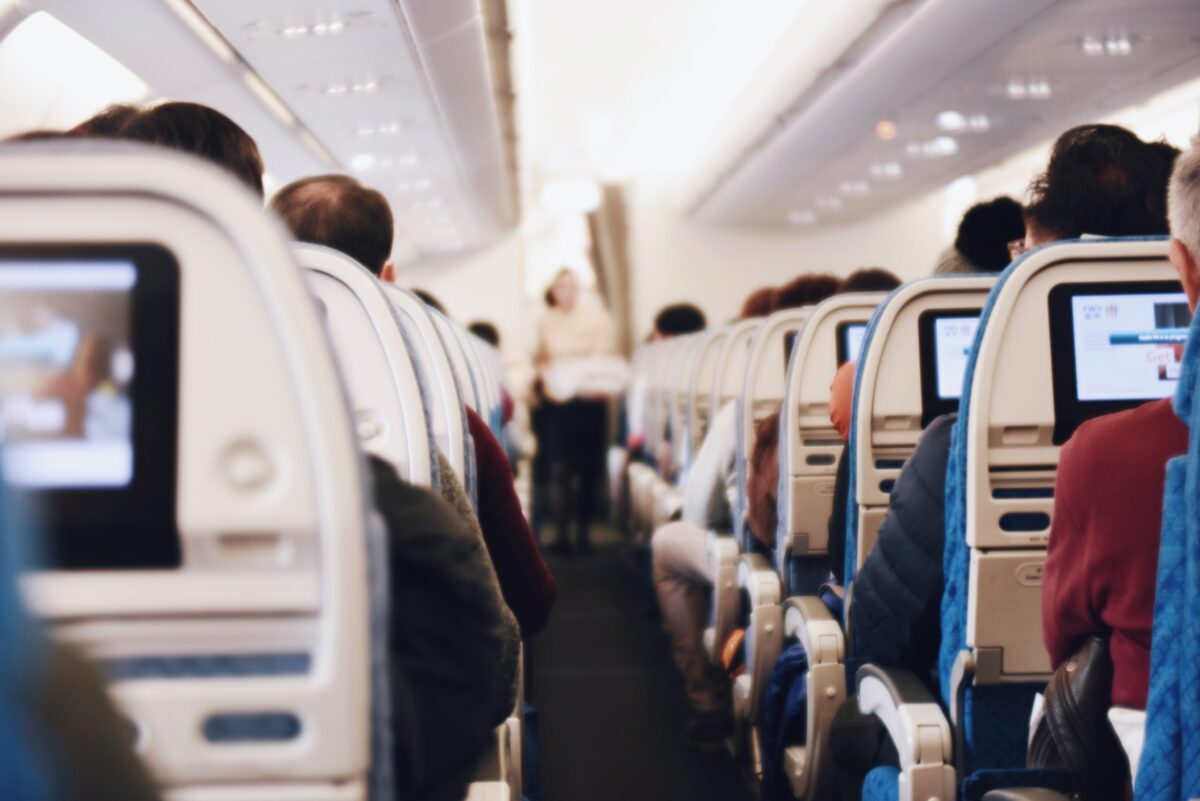
This year I have had a heavy load of international travel. Although I look forward to my business engagements in Asia and Indonesia, sixteen to thirty-two hours traveling can knock even the most seasoned travelers.
For those of you who have scheduled meetings soon after arrival at your destination, whether it be interstate or international, it is critical that you follow steps to ensure that your brain performance has not been affected by your travel arrangements. Think of your pre-frontal cortex as the CEO of your brain. It is this area of your brain that needs to be firing at its best in order for you to be able to make sound executive decisions and rock your meetings at your destination.
I can attest from personal experience how easily you can fall victim to brain fog, memory lapses and poor judgement calls when not taking note of the following simple points when traveling long distance for business.
In my previous blog I outlined the importance of sleep in enabling us to form memories and to clear our brains of toxins. If you do not get enough sleep then there will be lower activity in your prefrontal cortex, which will affect your judgement, impulse control and memory. Take this into account when scheduling your time of departure and your first meeting. Make sure that you get seven hours sleep and try not to schedule flights before 10.00am.
If you have a very long flight consider taking a very small dose of melatonin. However, steer clear of doses higher than 3mg or more ( Aim for under 1mg) to prevent any grogginess the following day, when you will need your wits about you. It is important not to sleep for the full duration of a very long international flight, so that you can take time out to hydrate and move your legs, to avoid deep venous thrombosis. (blood clots) As tempting as it may be to drink alcohol to relax, resist this temptation, as it will further dehydrate you. Remember that your brain is 73% water and requires constant hydration to prevent shrinkage. A decrease in water intake, even as much as 4% can cause a number of issues like fatigue, headaches and brain fog.
Glucose is your brain’s other best friend. This is not to be confused with processed sugar(sucrose) in the various complex carbohydrates that are served on planes. These will help you sleep when you need to, but should not be eaten when you are close to your destination if you want to avoid brain fog. Try to indulge in snacks like grapes, raisins and dates on your flights as they are great sources of glucose.
The less you eat the better you will feel on and after a very long flight. Purchase some nuts for the flight and load up on probiotics and yogurts before and during your travel to keep those gut micro-biomes happy. This will not only protect your immunity, but keep your brain healthy.
As in everything else in life, preparation is the key. I have on a few occasions thought that I could buy what I needed at the airport. Not all airports around the United States or in other countries may have what you require, or the queues may be too long. Take the time to observe these simple steps in your travel preparation and your brain will perform well when you get to your destination.


